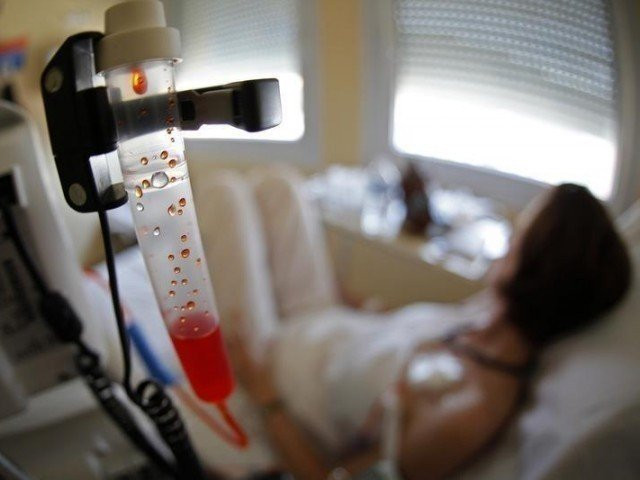11 new health centres part of capital’s strategy
Minister announces reforms for integrated, upgraded health care delivery in the city

Minister announces reforms for integrated, upgraded health care delivery in the city. PHOTO: FILE
This was disclosed by Federal Health Minister Amer Mehmood Kiani on Tuesday while chairing a consultative meeting with chairmen of Islamabad’s union councils. The meeting was held to not only brief the councillors on new developments in the district’s health system but to also solicit the views and suggestions of public representatives on the health needs of the city.
Kiani said that on the instructions of Prime Minister Imran Khan, the health ministry had recently launched the first-ever health strategy for Islamabad.
“PM Imran has issued instructions that each union council of Islamabad should have at least one health facility,” Kiani said, adding that for this purpose, they will be building at least two more rural health centres (RHCs) and nine Basic Health Units (BHUs) in the rural areas of the city in the upcoming years.
Moreover, Kiani said that a comprehensive primary health care system will be developed for Islamabad Capital Territory (ICT) to ensure the timely provision of health care services at the doorsteps of the public.
Moreover, the scope of services in hospitals was also being upgraded apart from building a general hospital at Tarlai, constructing a new building for Poly Clinic and expanding the National Institute of Rehabilitative Medicine.
Furthermore, Kiani said that they will also hire an additional 600 lady health workers (LHWs) across the country.
During Tuesday’s meeting, Islamabad MNA and Special Assistant to the Prime Minister on Capital Development Authority Affairs Ali Nawaz Awan stated that the plan presented by the health minister was ambitious.
During the meeting, Health Minister Kiani recounted the measures undertaken by the ministry to improve health delivery in the federal capital, including the inauguration of a Model Centre for Infectious Diseases Control in the federal government’s Civil Surgeon Dispensary in Sector G-7/ in March.
The centre is dedicated to screening, testing and treatment of Hepatitis-C patients with the integration of other infectious diseases such as Tuberculosis (TB).
Kiani said that it will be an innovative centre because, for the first time, the underserved population (of almost 100,000 people living in the slums of ICT will be screened for infectious disease at their doorstep. Those found positive for either disease will be referred to the centre where they will be tested and provided treatment and follow up free of cost.
Medicines released
Meanwhile, in Rawalpindi, the District Health Authority (DHA) has released around 20 different types of medicines in all the Tehsil Headquarters (THQs) hospitals and basic health centres (BHCs) across the district to cope with a shortage of life-saving and other essential medicines.
Further, supply orders for some 16 different types of medicines have also been placed. The supply of these medicines will cumulatively cost the government some Rs140 million.
DHA Chief Executive Dr Rashid Khan has said that they were working to meet medicine requirements in hospitals so as to provide the public with an alternative to approaching expensive private hospitals or clinics.
He further explained that orders for medicines were issued as per the demand indicated by each hospital.
Published in The Express Tribune, March 13th, 2019.



















COMMENTS
Comments are moderated and generally will be posted if they are on-topic and not abusive.
For more information, please see our Comments FAQ